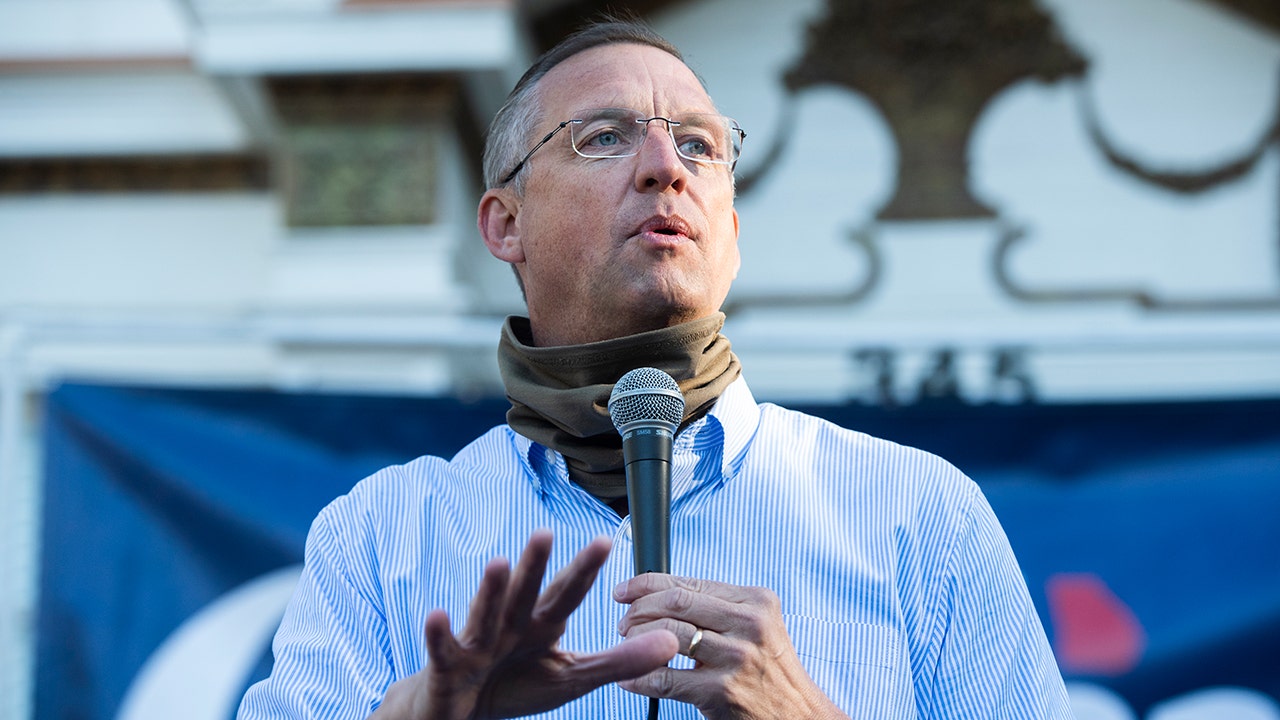CNN —
The Senate this week passed a Republican-led resolution to overturn a Washington, DC, crime law, which critics have argued is soft on violent criminals.
Almost two-thirds of Senate Democrats backed the measure after President Joe Biden announced an about-face by saying he wouldn’t veto the legislation to nullify that law. His move came after a majority of House Democrats had opposed the same measure in their chamber, and Biden’s decision angered many of them, including vulnerable members who opposed the bill believing the president was going to veto it.
So just what was Biden thinking? Why would he leave members of his own party out to dry?
A look at the political terrain and certain crime statistics indicate that Biden probably felt boxed in and didn’t want to be seen as soft on crime heading into the 2024 presidential election.
Let’s start with the political reality of the situation: Americans don’t like where the country is when it comes to efforts to reduce crime.
A Gallup poll taken at the beginning of this year revealed that 70% of adults were dissatisfied with the nation’s efforts to reduce or control crime. This marked only the second time this century in which at least 70% of Americans registered dissatisfaction on this metric.
The dissatisfaction crosses party lines and includes a majority of Democrats (65%), independents (68%) and Republicans (82%).
Although the political reality on crime can differ from the reality of crime statistics, you can understand where voters are coming from. The homicide rates in the country’s three most populated cities – New York, Los Angeles and Chicago – were all up in 2022 from where they were in 2019, before the coronavirus pandemic started. Homicides are up in Washington, DC, too.
When it comes to car thefts (something that can easily be seen in everyday life), there’s a clear upward trend nationwide over the same time period. It’s up 59% across 30 major cities.
The concerns over crime can be seen in certain election results too, including a recent one in a deeply Democratic city, where concerns over crime abound.
Chicago Mayor Lori Lightfoot became the first elected mayor from the nation’s third-largest city to lose reelection in 40 years. And Lightfoot didn’t just lose – she was embarrassed, failing to make the runoff after procuring a mere 17% of the primary vote, by far the lowest share for an incumbent Chicago mayor in the modern era.
Now, the defeat of one incumbent doesn’t mean very much, but it comes in the aftermath of other important races where crime was a major issue.
In 2022, Republicans nearly won their first governor’s race in New York since 2002. GOP nominee Lee Zeldin lost by single digits (in a state Biden won by over 20 points) by hammering away at Democratic Gov. Kathy Hochul on the issue of crime.
While Zeldin was ultimately unsuccessful, his strong performance buoyed GOP House candidates in the Empire State. Republicans had a net pickup of three seats in New York, which helped the party win a narrow five-seat majority in the House.
Zeldin’s near-win came a year after Eric Adams, a former police captain in the New York Police Department, was elected mayor of the country’s largest city (New York) in a race where, again, crime was the No. 1 issue.
But perhaps no election illustrates the electoral impact of rising crime than the recall of Chesa Boudin as San Francisco’s district attorney last year. There’s probably no major city more associated with left-wing politics than San Francisco. Yet, 55% of city voters decided to recall Boudin, after he was tagged with being too soft on crime.
These elections, from coast to coast, may have spooked Biden. They indicate that crime is an issue that not only resonates in Democratic primaries and cities but can be used to move voters away from Democratic candidates in general elections.
Indeed, the polling shows that crime is one of Democrats’ worst-performing issues. An ABC News/Washington poll from late 2022 found that Republicans were trusted over Democrats on the issue of crime by 20 points. It was the best issue for Republicans of any tested in the poll. Democrats even did better on inflation, a topic that has plagued them over the past year.
One of the last things Biden wants going into 2024 is being seen as soft on crime, given the strong advantage Republicans already hold on the issue. Remember, Biden was a lead author of the 1994 crime law, which he was criticized for during the 2020 Democratic primary campaign.
Biden likely will lean into his past support of crime measures and his actions on the DC crime law to try to fend off crime-related criticisms from Republicans.
.png)
 1 year ago
8
1 year ago
8










 English (US) ·
English (US) ·